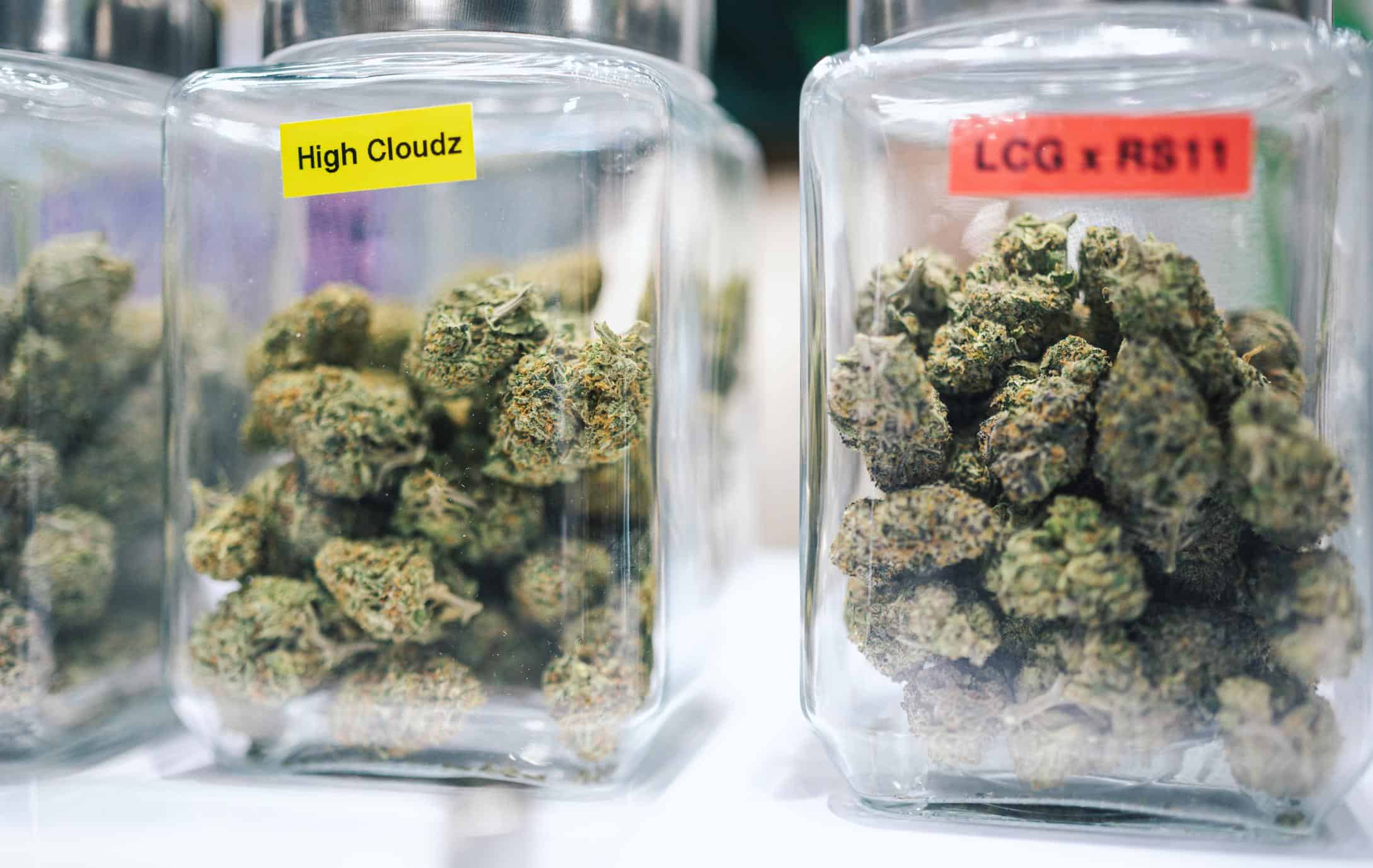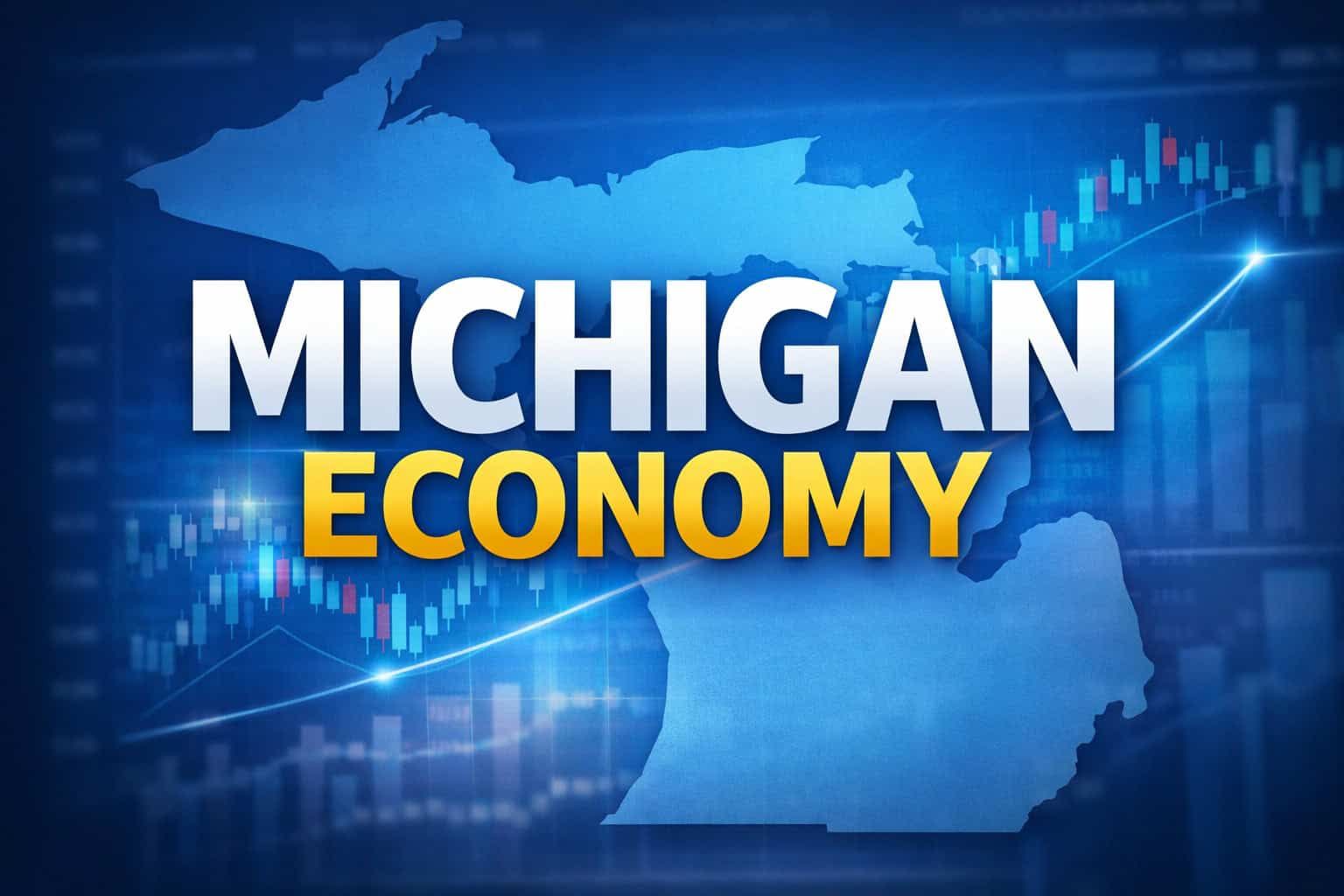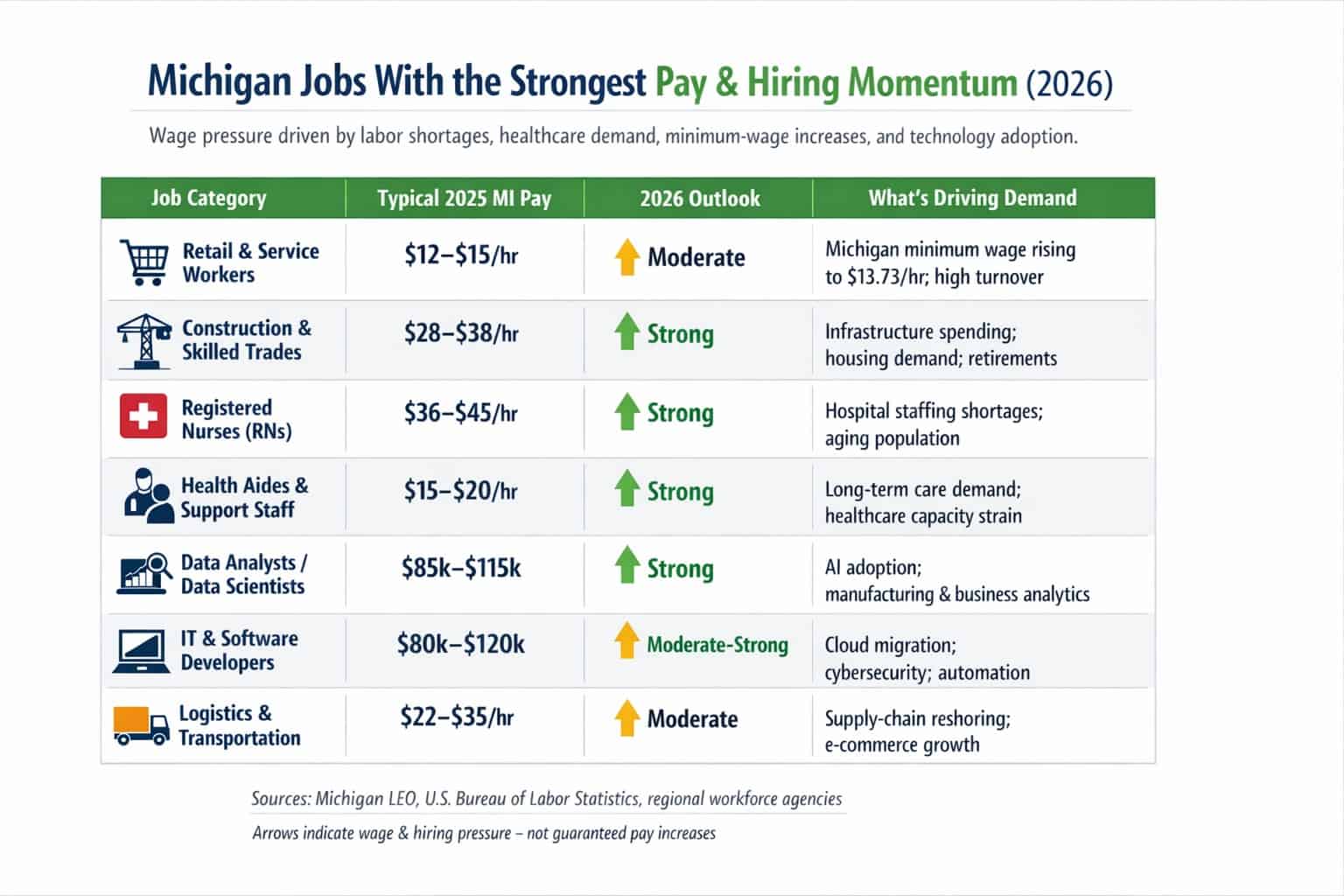CLEVELAND – Ohio lawmakers are preparing to revisit regulations on intoxicating hemp products in the upcoming legislative session, joining many states grappling with how to control this booming but largely unchecked industry.
The 2018 Farm Bill removed hemp and its seeds from the Drug Enforcement Administration’s list of controlled substances, to promote industrial use of the plant in textiles, rope, car parts and more. That change unintentionally created a gap in regulation, allowing for an industry selling intoxicating hemp products — those which contain THC derived from hemp, not marijuana — to boom.

The federal loophole has meant that it is up to individual states to regulate these products, which range from edibles and vapes sold in smoke shops to beverages made by major marketers, Cleveland Plain Dealer reported.
At least 32 states have enacted some form of regulation on intoxicating hemp products. Others have proposed restrictions that are still being hashed out in the legislative process. Making the national landscape even muddier, there is not a clear partisan divide in how states have approached hemp regulation, with both red and blue states implementing various regulatory guidelines.
On the most restrictive end of the spectrum, several states have effectively banned intoxicating hemp products, including California and Colorado, both of which have well-established recreational marijuana industries. In September of last year, Gov. Gavin Newsom announced emergency regulations to protect Californians, particularly minors, from adverse health effects.
Texas recently considered outlawing the products. Earlier this year, the legislature passed Senate Bill 3, which would have banned all consumable hemp products containing any intoxicating cannabinoid. Gov. Greg Abbott, however, vetoed the bill and later called a special legislative session in July to develop a regulatory model akin to the state’s alcohol system. Even though recreational marijuana isn’t legal in Texas, the state is home to one of the largest intoxicating hemp markets in the country.
Other states have opted for middle ground and have implemented regulations that restrict certain aspects of hemp-derived cannabinoids while allowing others. Minnesota and Kentucky, for instance, regulate the sale of intoxicating hemp products, including dosage limits, restricting sales to adults over 21, and testing, labelling, and packaging requirements.
Some states, meanwhile, have imposed minimal regulations of cannabinoids derived from hemp, allowing the local market to operate with very limited oversight. This includes Ohio, although legislation is in the works.
Read more at Cleveland.com






